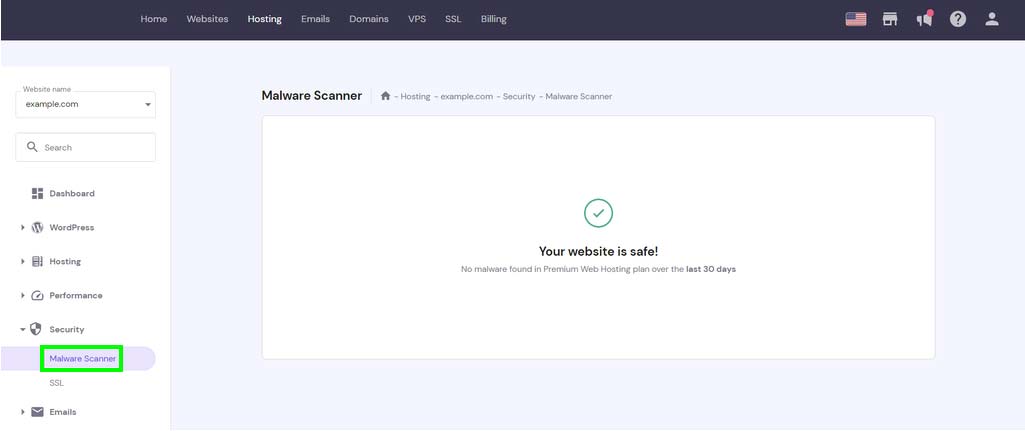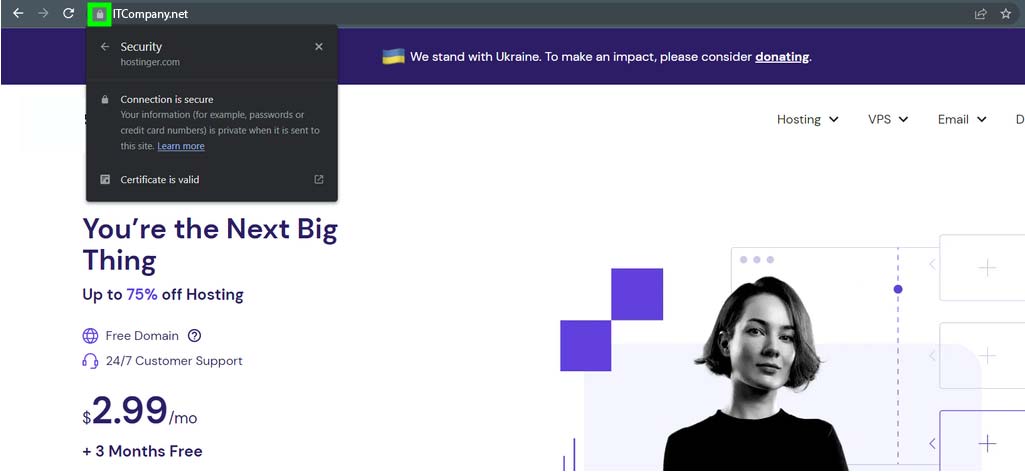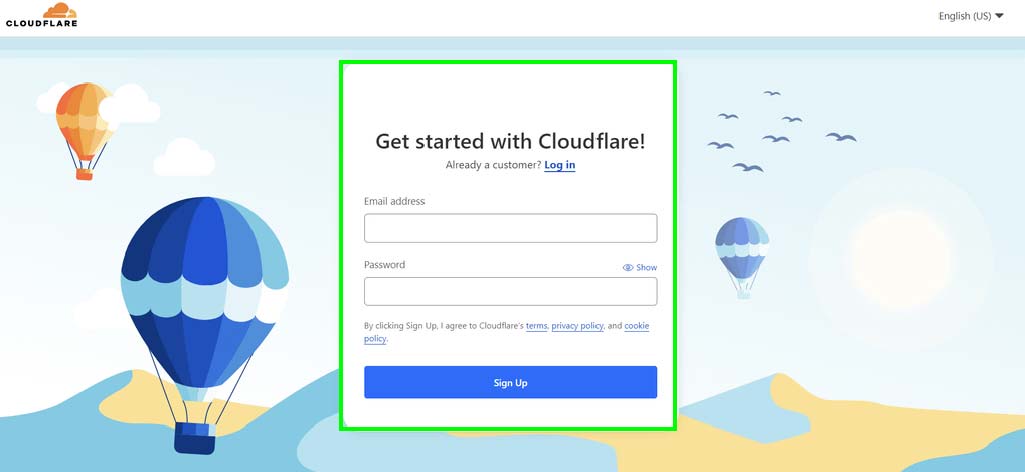
Table of Contents
ToggleWeb hosting security is more vital than ever as cyber-attacks become more sophisticated. It is critical to verify that your website is hosted on a secure platform and follows to optimal security standards. We’ll look at the security elements that a Web Hosting company should have in this post. We’ll also go over the best security practices for protecting your websites and those of your clients from hackers, malware, and other online threats.
What Security Features Should Web Hosting Company Have?
We’ll go over the most important security features that each web hosting company should have. Without adequate security measures, all websites on your hosting account may be susceptible. This can result in downtime, lost cash, and damage to your reputation, especially if you manage a client’s website.
Software Protection
The safest web hosting providers incorporate several software security elements to guarantee that your website works on the most up-to-date and secure software.

One significant one is firewall protection, which stops harmful assaults and prohibits unauthorized access to your website. Another important function is malware scanning and removal, which aids in the detection and removal of any dangerous code that may have invaded your website.
Furthermore, many web hosting providers provide frequent software upgrades and patches to address system vulnerabilities.
SSL Certificate
SSL is a security protocol that encrypts data transferred between a web server and a user’s browser. It protects private information such as usernames, passwords, and billing information from being captured by third parties.
With an SSL certificate, you may force HTTPS on your website, which will boost its SEO and performance.
Backups and Restores
Natural catastrophes, cyber assaults, hardware problems, and human mistake are all possible dangers to a website’s availability. Reliable backup and restoration services will ensure that the website data is recoverable in the event of an issue.
IT Company provides weekly or daily cloud backup storage. Also, confirm that the provider includes an easy-to-use restoration function for swiftly and simply recovering your website. This can aid in the prevention of website outages and data loss.
DDoS Security
DDoS assaults overwhelm a website with traffic from many sources, rendering it unavailable to legitimate users. This can lead to costly downtime and reputational harm. You can assist avoid these assaults and keep your website accessible and safe by selecting a secure web host with excellent DDoS protection.
DDoS security for web hosting providers often employs algorithms that block malicious traffic before it reaches the server. Advanced filtering techniques that may distinguish between genuine and illicit traffic are also available with secure web hosting services.
10 Best Security Practices for Web Hosting
To safeguard your websites from security threats, you must apply web security procedures on your own in addition to using a secure hosting provider.

1. Make regular backups of your data
With backups, you can swiftly recover a compromised or malfunctioning website. Backup your data on a regular basis, either manually or automatically.
We also advocate keeping extra backups on your computer or hard disk. This is especially critical if your web provider only keeps backups for a short period of time.
2. Make use of SSL encryption
SSL is essential for ensuring secure access to and from your website, as well as protecting critical client data. If your web server does not provide you with a free SSL certificate, you can obtain one from an SSL certificate authority.

When your website has an SSL certificate, the browser will display a padlock icon next to the URL, which visitors may click to examine the certificate details.
3. Instead of FTP, use SFTP in company web hosting
We advocate utilizing SFTP (Secure File Transfer Protocol) rather than FTP (File Transfer Protocol).
During transmission, SFTP hosting encrypts all data, including login passwords and transmitted files. This stops intruders from listening in on your conversations, altering with your data, or stealing it. SFTP also utilizes a different port than FTP, making SFTP connections more difficult to target.
4. Uninstall Unused Applications
Vulnerabilities in online applications, such as code errors, incorrectly configured web servers, design faults, or a lack of form validation, might allow thieves to get access to your websites.
As a result, it is critical to routinely examine your programs and eliminate any unneeded or corrupted ones. Deleting obsolete and inactive themes and plugins will also help to improve WordPress security.
5. Change Passwords on a Regular Basis
Attackers can quickly exploit weak passwords, putting your website and critical information at risk.
We recommend updating passwords every three to six months. Use a password manager to generate and store all passwords to make the process easier. This can also help to prevent password fatigue and the use of the same password for many accounts.
6. Install and Configure a Web Application Firewall
WAFs filter and monitor traffic between a web app and the internet, preventing suspicious or malicious requests and producing warnings for further investigation. It protects online applications from cyber assaults like as cross-site scripting (XSS) and SQL injection.

Because not all web hosting companies offer a web application firewall, you may need to purchase one individually. Cloudflare’s WAF is an excellent choice. In addition to security benefits, it is simple to set up and provides a free plan.
7. Check for Malware in Company web hosting files
Malware may produce or change files as well as steal information such as passwords, causing your website and reputation to suffer. If your web provider does not provide built-in website security capabilities, there is third-party software available that can scan a website for viruses and eliminate any risks.
8. Maintain Constant Software Updates
Update all software on a regular basis to safeguard your website from any assaults. Software upgrades typically include security fixes that address past vulnerabilities.
Hackers frequently use obsolete software to gain unauthorized access to websites and steal critical data. It’s also critical to maintain plugins, themes, and other website elements up to date.
9. Restriction of Website Access for Unauthorized Users
Unauthorized website access can lead to data breaches or other dangerous acts. Follow these practices to avoid unauthorized data access:
- Use two-factor authentication to provide an additional degree of protection by demanding a second form of identity.
- Create user roles to limit what certain users can and cannot do in order to prevent unwanted access and actions.

10. Use Extra Security Extensions
Website security extensions add an extra layer of defense against online risks including malware, phishing, and hacking attempts.
They may also include features like ad blocking, script blocking, and cookie management to improve website speed and user privacy.
Conclusion
Improving web host security is critical for safeguarding your company’s reputation and sensitive data. The first step, as you’ve learnt in this post, is to locate a web hosting company that offers security measures such as software security, SSL certificates, backups, and DDoS protection.
Furthermore, it is critical to follow best web hosting security practices such as storing up website data, uninstalling unneeded apps, changing passwords on a regular basis, checking for malware, and upgrading software on a regular basis.
We hope that this information will assist you in keeping your and your clients’ websites safe. If you have any queries, please leave them in the comments section below.





